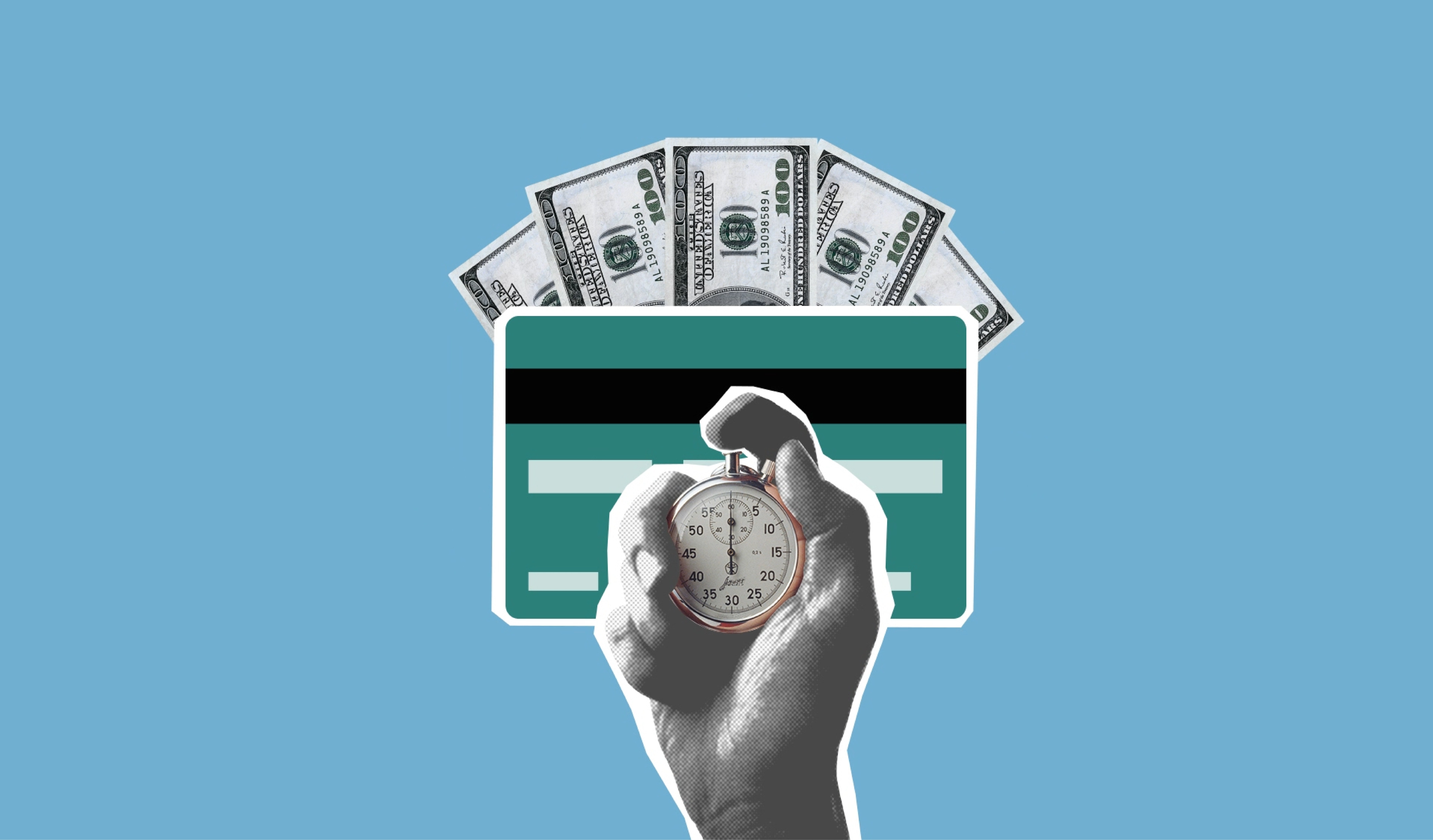The global pandemic taught us that we really can never be too prepared for unexpected events that cause financial stress. While the entire world was impacted by the pandemic, there are other instances of financial emergencies that may be exclusive to the individual only.
This means that there likely will not be any stimulus packages or other forms of relief to help in these situations either. The best way to handle emergencies is to prepare for them before they even happen. Here are some things you can do in your financial life to stay ready just in case.
Implement a 50/30/20 Budget
While there are advantages to every budgeting strategy, the 50/30/20 strategy may be the most helpful in creating a strong emergency fund. The budget plan is that 50% of your income goes towards essential monthly payments, 30% goes towards savings, investments, or other expendable places each month, while the remaining 20% can be directed to whatever financial goal is deemed necessary. This means 20% of your income monthly could go towards an emergency fund, which is a lot.
Dedicate a Side Hustle Towards Your Emergency Fund
If your full-time income is not enough to set aside a significant amount of money for other financial projects, consider taking on a side hustle to help supplement your goals. The idea of a side hustle becomes much more attractive when you realize that all of the money you earn is essentially a bonus that can be directed wherever you want, rather than just to cover the bare minimum. If you are consistent in a side hustle, you can have a solid emergency fund formed relatively quickly.
Pay off Credit Cards and Defer Money to Emergency Fund
One of the easiest monthly payments that we can eliminate, and therefore free up monthly savings is our credit card bill. This is because once these are paid off, they are done. Many people only pay the minimum and are overwhelmed with APR and fees as a result.
If you find yourself in a position to do so, go ahead and pay off the entire credit card, and then use the “monthly payment” that was typically towards your credit card to go directly into your emergency fund instead.
